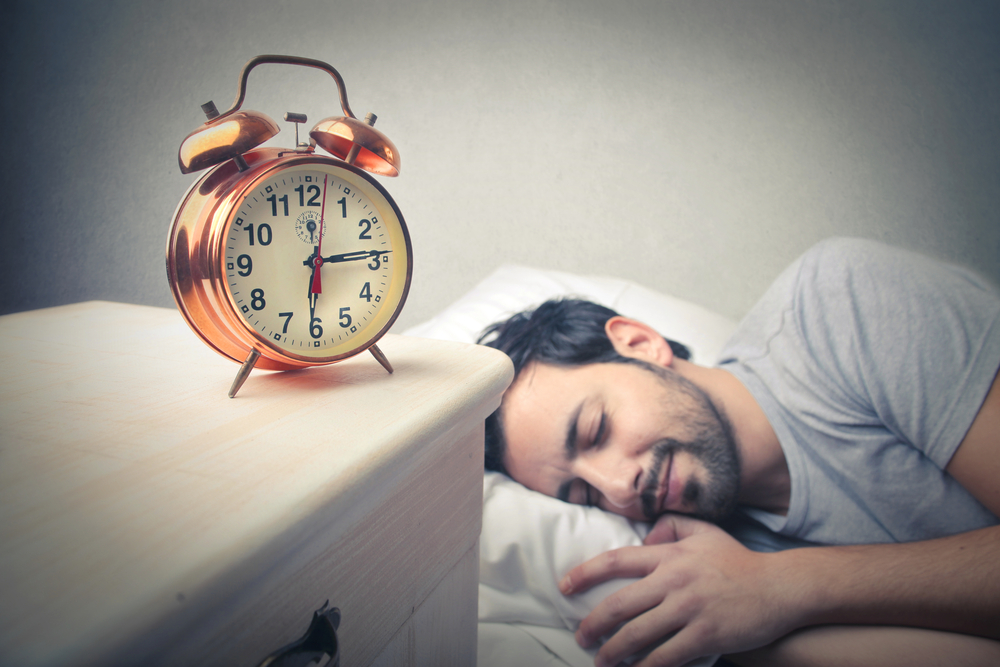
Great sleep is a necessity, not a luxury. Our bodies need sleep to recharge energy levels, ward off diseases, and enhance cognitive ability. Most adults need at least seven hours of high-quality sleep for their bodies to function correctly. However, the CDC reports that more than a third of Americans do not get enough sleep regularly. Dr. Timothy Mickiewicz, a sleep dentist in Sacramento, CA, explains four scientifically-proven ways to fall asleep more deeply.
1. Establish a consistent bedtime and wake-up routine.
Innately, humans are creatures of habit and benefit from routines, including when to sleep and start the day. Even on non-working days, it’s beneficial to have consistent sleep and wake cycles. By performing the same rituals in the same order before bed or after waking up, the body begins to associate these activities with certain times of the day.
2. Control light exposure.
A circadian rhythm (sometimes called a circadian cycle or clock) is the body’s inherent, internal process that manages the daily sleep-wake cycle. The mind uses the circadian clock and light to predict what to do in the future. For example, darkness typically signifies that it is time to sleep, so the body naturally gets tired. In contrast, sunlight and bright light tell the brain that it’s time to be active and productive, so people tend to be more alert when exposed to bright light.
Manipulating light/dark light exposure can help you sleep and stay awake:
- Limit light exposure in the evening. Two hours before bedtime, dim the lights or wear dark sunglasses to fall asleep easier. Also, limit exposure to blue light (especially from screentime) at least 30 minutes before bed.
- Increase light exposure during the day. While natural light exposure during the day is ideal, it’s not always accessible. Investing in bright light devices and bulbs can make a positive impact on the circadian clock.
3. Limit caffeine and alcohol consumption.
Every individual metabolizes and reacts to caffeine and alcohol differently. However, people must be mindful of when and how much caffeine and alcohol are consumed for the best quality sleep possible.
Caffeine
Caffeine is a stimulant that can be naturally sourced from coffee beans, tea leaves, and cocoa beans or synthetically created. How does caffeine work? Caffeine blocks the adenosine receptors in the brain, which promote sleepiness.
While caffeine can positively influence cognitive performance, reaction times, and mood, too much (especially near bedtime) can impede sleep. Researchers at the University of Alaska Anchorage discovered that consuming caffeine six hours before rest reduces total sleep time by one hour. If you insist on drinking a cup of joe or tea, drink in moderation and avoid caffeine in the late afternoon and evening.
Alcohol
Unlike caffeine, alcohol is a central nervous system depressant, which causes brain activity to decelerate. While many people enjoy a nightcap to wind down before bed, excessive alcohol consumption is linked to poor quality sleep and duration. In an observational study published in JMIR Mental Health, researchers discovered that any amount of alcohol disturbs cardiovascular relaxation during sleep. When the cardiovascular system is working improperly, sleep quality decreases.
4. Rule out a sleep disorder.
Sleep disorder is a collective term that pertains to conditions that impact sleep quality, duration, or timing, impairing a person’s ability to function appropriately while awake. People with sleep disorders (such as sleep apnea) may have trouble staying awake during the day due to unusual behavior patterns that disrupt sleep cycles.
If you are having trouble with sleep, visit a sleep dentist. With at-home sleep studies, our sleep dentist identifies sleep patterns and diagnoses sleep disorders all in the comfort of your bed. After identifying or ruling out a sleep disorder, our sleep dentist will give the next steps for more restful sleep. If you are finally ready for a good night’s sleep, call 916-499-9178 or contact us online to schedule a consultation for an at-home sleep study.


